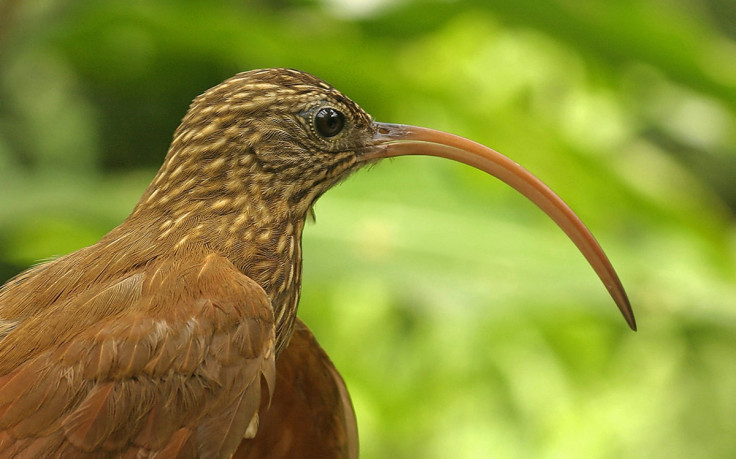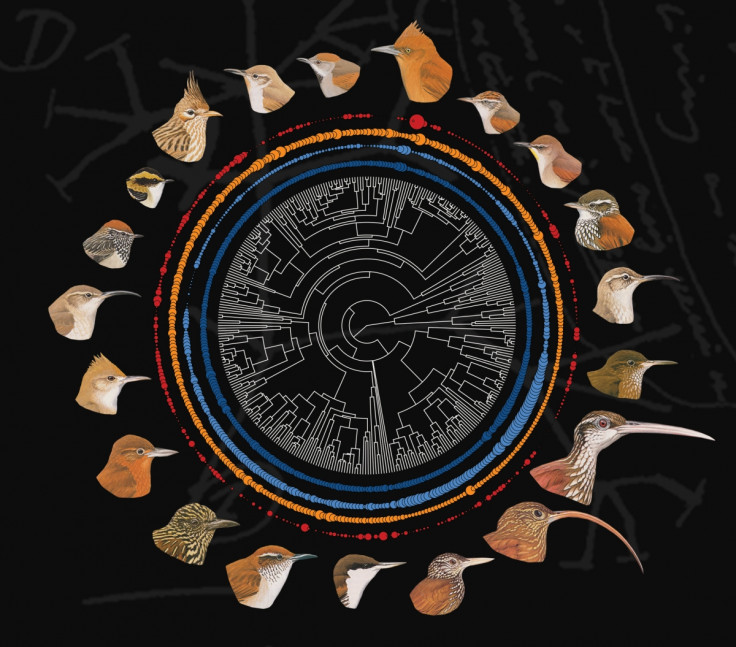Darwin 'Wrong': Species Living Together Does Not Encourage Evolution

Charles Darwin's theory of evolution set out in the Origin of Species has been proven wrong by scientists studying ovenbirds.
Researchers at Oxford University found that species living together do not evolve differently to avoid competing with one another for food and habitats – a theory put forward by Darwin 150 years ago.
The ovenbird is one of the most diverse bird families in the world and researchers were looking to establish the processes causing them to evolve.
Published in Nature, the research compared the beaks, legs and songs of 90% of ovenbird species.
Findings showed that while the birds living together were consistently more different than those living apart, this was the result of age differences. Once the variation of age was accounted for, birds that live together were more similar than those living separately – directly contradicting Darwin's view.
The species that lived together had beaks and legs no more different than those living apart and, surprisingly, their songs were more similar. It had been thought that birds living together developed different songs to avoid confusion.
Joe Tobias, from the University's department of Zoology, said: "It's not so much a case of Darwin being wrong, as there is no shortage of evidence for competition driving divergent evolution in some very young lineages. But we found no evidence that this process explains differences across a much larger sample of species.

"The reason seems to be linked to the way new species originate in animals, which almost always requires a period of geographic separation. By using genetic techniques to establish the age of lineages, we found that most ovenbird species only meet their closest relatives several million years after they separated from a common ancestor. This gives them plenty of time to develop differences by evolving separately.
"Looking at the bigger picture, 'be different or die' doesn't appear to explain evolution. Ovenbird species use a wide variety of beaks, from long and hooked to short and straight, but these differences appear to evolve when living in isolation, suggesting that competition is not the major driving force producing species differences. Instead, it seems to have the opposite effect in promoting the evolution of similar songs."
He said that the reasons why birds living together appear to evolve less are "difficult to explain" but may be to do with using the same language for aggressive and territorial signals.
"For instance, individuals of two closely related species with similar songs may benefit because they are able to defend territories and avoid harmful territorial contests not only against rivals of their own species but those in other species coexisting in the same places and competing for similar resources."
Nathalie Seddon, co-author of the study, added: "At first glance at our data suggests the same patterns that Darwin had expected. It is only when accounting for the fact that species vary in age, and then comparing between lineages of similar age, that the picture changes."
© Copyright IBTimes 2025. All rights reserved.






















